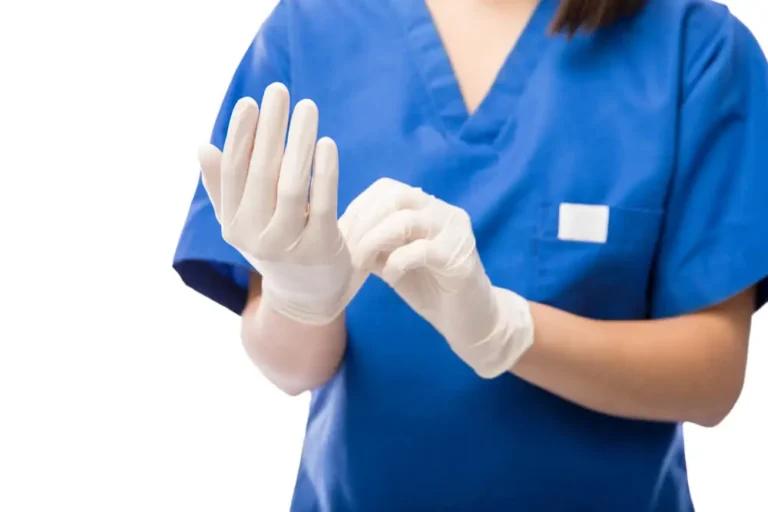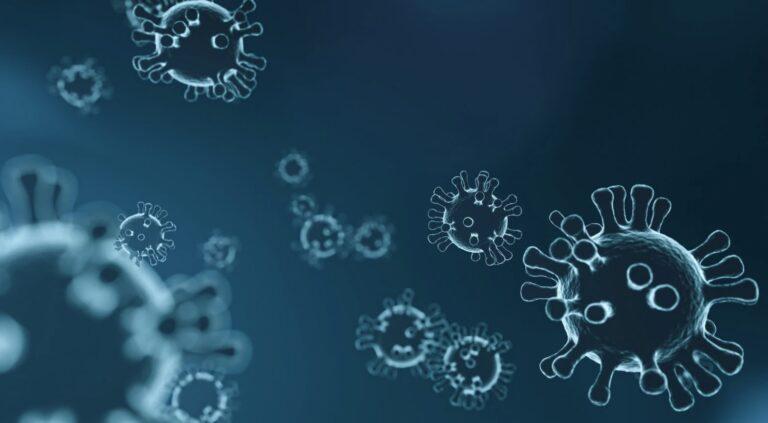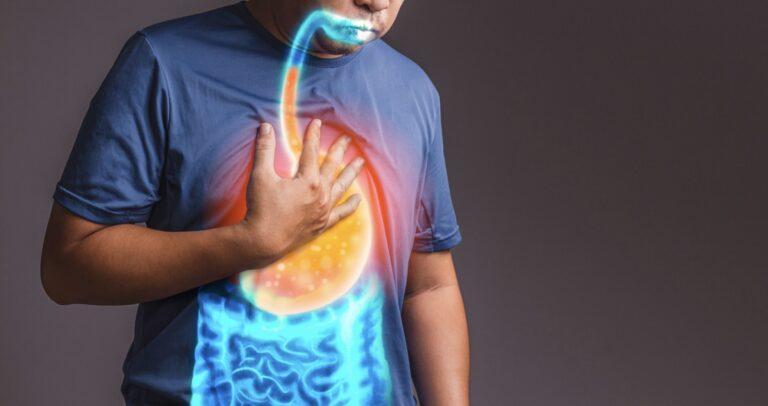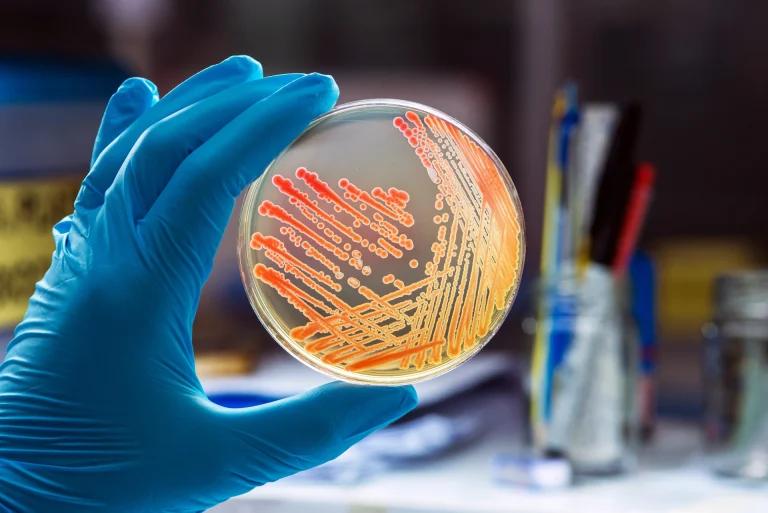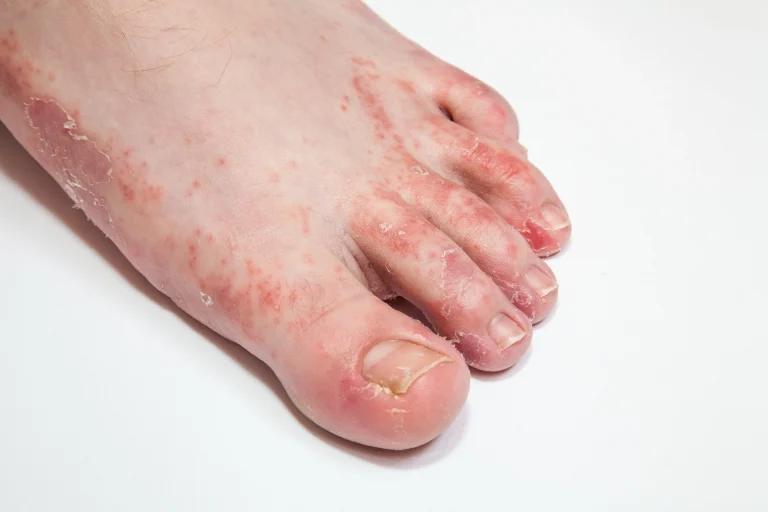There are four main types of infection: bacterial, viral, fungal and parasitic. Each type of infection can affect different parts of the body and can be treated in different ways. Your immune system is equipped to fight off many infectious diseases without treatment. However, if you have a weakened immune system or when the pathogen reproduces faster than the immune system can control it, it begins to harm the body and medication is needed. Knowing which type of infection you have is an important step in getting the right treatment. In this blog post, we’ll take a closer look at each type of infection and its symptoms.
What are pathogens?
A pathogen is any microbe that can cause disease. The most common pathogens are bacteria, viruses, fungi and parasites. A pathogen enters the human body and sets off an immune response. The immune system produces antibodies and white blood cells to attack the pathogen. If the pathogen is too strong for the immune system, it can overcome the body’s defences and cause an infection.
An infected person may experience fever, chills and fatigue as the body fights off the infection. In some cases, the pathogen can cause severe illnesses such as sepsis which can become life-threatening. Pathogens are a major health concern because they can spread easily from person to person and cause disease outbreaks. To prevent the spread of disease it is important to practice good hygiene and to get vaccinated against common pathogens.
Let’s take a look at the four types of infections pathogens can cause.
Viral infections
A viral infection is a disease caused by a virus. Viruses are tiny infectious agents that are only capable of reproducing inside the cells of other living organisms. They can’t divide on their own and need a host such as the cells of the human body to give them life. The virus only comes alive when it envelops genetic material (RNA or DNA) in cells of other living things.
Once a virus enters a living cell of a host it takes over the cell’s processes for making new genetic material and proteins. The cell copies the viral genetic material and makes new viral genetic material. These components assemble into new viruses, which escape from the cell. Some types of viruses cause the complete breakdown of the cell. Other types of viruses leave by pushing through the cell membrane. Both methods damage the cells and this causes disease as the host then begins to replicate the viral DNA.
Common viral infections
There are many different types of viruses, and they can cause a wide variety of illnesses:
- Common cold
- COVID-19 (Coronavirus Disease 2019)
- Chickenpox
- Shingles
- Herpes
- Hepatitis C
- Hepatitis B
- Human papillomavirus (HPV)
Treatment of viral infections
Vaccines prevent the spread of viral infections. Antiviral medications help to slow down the reproduction of viruses but can not stop them completely. Antibiotics are ineffective against viruses.
Bacterial infections
Bacteria are single-celled microorganisms that are everywhere, they are living organisms that can be found on our skin or inside of our bodies. Their shapes vary and doctors use these characteristics to separate them into groups. Bacterial cells have cell walls and everything they need to live including DNA and cellular structures which produce protein. Unlike viruses, they do not need a host to survive.
Bacterial infections are caused by bacteria entering the body and multiplying. Bacteria can enter the body through breaks in the skin, the respiratory tract or the digestive tract. Once bacteria have entered the body, they can release toxins that cause tissue damage and illness. In some cases, bacteria can also cause infections by invading and multiplying within cells.
Common bacterial infections include
- Strep throat infections
- Staph infections
- Tuberculosis
- Urinary tract infections
- Ear infections
Treatment of bacterial infections
Antibiotics are used to control bacterial infections. Antibiotic resistance is a growing problem so antibiotics may be prescribed only for serious bacterial infections. Penicillin and tetracycline are typical antibiotics prescribed for bacterial infections. Antivirals are not effective against bacteria. To prevent bacterial infections, it is important to practice good hygiene and avoid contact with people who are sick.
Fungal infections
Fungal infections are caused by fungi, which are tiny organisms that can live on the surface of the skin or in moist areas such as the mouth, gut, and vagina. Fungi grow best in warm, moist places, so they often cause infections of the skin, nails, and hair. They can also cause serious lung infections. Some fungi are harmless, while others can cause disease.
Fungi cause infections by penetrating the cell membrane and growing inside the cell. They release toxins that damage the cell and surrounding tissue. Fungi can also reproduce by releasing spores into the air. These spores can then land on your skin or be inhaled into your lungs. Once they are on your body, they can grow and cause an infection.
Fungi cells contain a nucleus and other components protected by a membrane and a thick cell wall containing chitin. Chitin is a large, structural polysaccharide which is incredibly strong, making fungi harder to kill.
Common fungal infections
The most common types of fungal infections are skin infections such as:
- Candidiasis (yeast infection)
- Athlete’s foot
- Ringworm can affect the skin on your body, scalp, or nails
Treatment of fungal infections
Treatment usually involves a combination of antifungal drugs and measures to reduce moisture and keep the affected area clean and dry.
Antifungal medicines can be taken by mouth or applied to your skin. Some types of fungi are resistant to treatment and even if the infection goes away, the fungus that caused it may still be in your body. This means you can get infected again very easily. The best way to prevent fungal infections is to practice good hygiene and avoid touching things that could be contaminated with fungi (such as damp towels). You should also avoid sharing personal items (such as combs) with others. If you have a weakened immune system, talk to your doctor about what you can do to reduce your risk of developing a fungal infection.
Parasitic infections
A parasitic infection occurs when a parasite enters the human body and begins to multiply.
There are a few different types of parasites that could be living in your body. These include:
- Protozoa, which can live and multiply inside you
- Helminths (also known as worms), larger multi-cellular organisms usually found outside the host’s skin but sometimes within it too
- Ectoparasites are also multi-cellular organisms that feed on human sweat, saliva and blood, including some insects, such as ticks and mosquitos
In most cases, the parasite will enter the body through contaminated food or water as well as through sexual contact and via insect bites. Mosquitoes can carry a malaria parasite. Once inside the intestines, the parasite will attach to the intestinal wall and begin to consume blood. This can lead to symptoms such as diarrhoea, fatigue, and weight loss. In some cases, the parasite may also travel to other parts of the body, where it can cause additional problems.
Common parasitic infections
There are different types of human parasitic worms that cause disease in humans:
- Tapeworms
- Human pinworm
- Hookworms
- Pinworms
- Roundworms
- Flukes
- Whipworms
Treatment of parasitic infections
Treatment for a parasitic infection typically involves taking antibiotics or antiparasitic drugs. In some cases, surgery may also be necessary to remove the parasites from the body.
How are infectious diseases spread?
Bacteria, viruses, parasites or fungi can spread through the:
- Air
- Water
- Food
- Contaminated objects
- Direct contact with an infected person
The most common way for foodborne diseases to spread is through contaminated food. This can happen when food is not cooked properly or if it comes into contact with faeces (for example, from an infected person not washing their hands after going to the toilet). E. coli is a type of bacteria that can cause food poisoning and is often found in contaminated food. It is typically spread through contaminated meat or vegetables. When people eat food that has been contaminated with E. coli, they can develop severe diarrhoea and abdominal cramps.
Infectious diseases can also spread through direct contact with an infected person. For example, you can catch the flu if you come into contact with someone who has the virus and is coughing or sneezing. You can also catch some infectious diseases, such as chickenpox, by touching an infected person’s skin or their clothes.
Finally, infectious diseases can spread through the air when an infected person coughs or sneezes and sends droplets containing the microorganisms into the air. Healthy people can then breathe in these droplets and become infected.
Infectious diseases are a serious public health problem and good hygiene practices are essential to help prevent them from spreading. The best way to prevent the spread of infectious diseases is to wash your hands regularly and avoid close contact with sick people. It is also important to cook food thoroughly and avoid consuming raw or undercooked food. If you suspect that you have contracted an infectious disease, it is important to see a healthcare professional as soon as possible so that you can receive treatment and avoid infecting others.
Sources
- Food Poisoning – CDC
- parasites – CDC
- Infection – NIH
- Fungal Disease – CDC
Medical Disclaimer
NowPatient has taken all reasonable steps to ensure that all material is factually accurate, complete, and current. However, the knowledge and experience of a qualified healthcare professional should always be sought after instead of using the information on this page. Before taking any drug, you should always speak to your doctor or another qualified healthcare provider.
The information provided here about medications is subject to change and is not meant to include all uses, precautions, warnings, directions, drug interactions, allergic reactions, or negative effects. The absence of warnings or other information for a particular medication does not imply that the medication or medication combination is appropriate for all patients or for all possible purposes.






